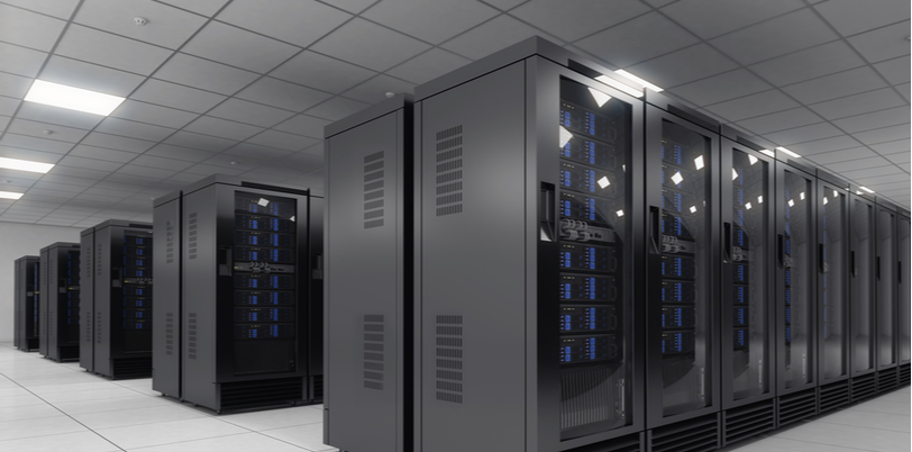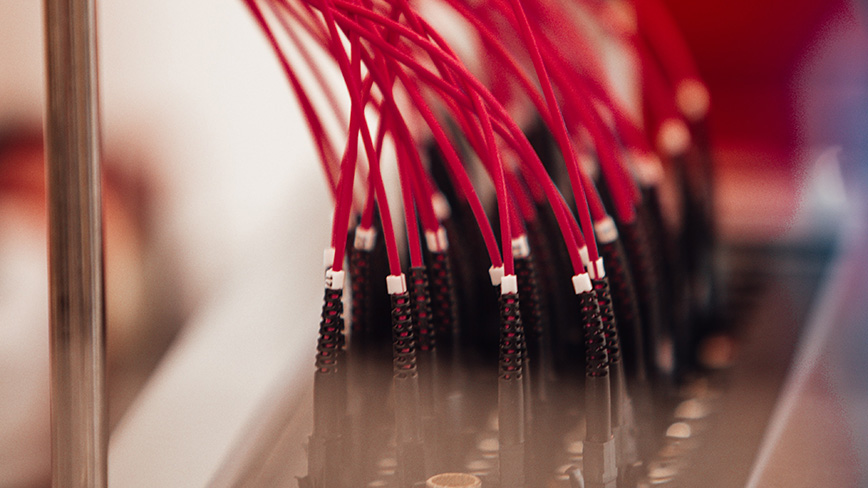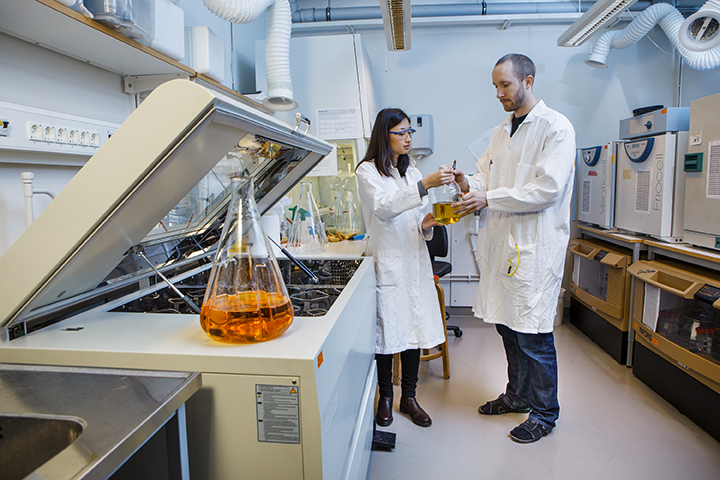Researchers can help cut down global data center power consumption

Researchers have discovered a way to reduce power consumption in data centres significantly. They offload computation by converting particular types of commodity Network Interface Cards into processors.
Storage services are continually looking for ways to improve efficiency and reduce power consumption in their data centres. One common approach is offloading storage computations to accelerators, which are often expensive.
Researchers at KTH and three other universities have discovered another way to offload computations. They have found that Network Interface Cards (NICs) that support Remote Direct Memory Access (RDMA), a feature that enables reading and writing directly to server memory, are Turing Complete. This means that they can perform any arbitrary computations. Essentially, the NIC can now be used as an additional processor. Their work – RedN – was recently published at a networked systems conference called NSDI.
What types of computations can be offloaded?
"In theory, the NIC can now be used to run pretty much anything. In practice, you probably have to pick and choose suitable (sub-)programs that can offload to the NIC efficiently", says Waleed Reda, the paper's lead author.
"Our current intuition is to offload simple yet frequently used functions. Storage applications are a good fit since they typically use simple operations, which can run more efficiently on the NIC", he continues.
How much benefit can this have on today's data centres?
"The potential for impact here is significant since the cloud storage market is rapidly growing (editors note: the projected reach is USD 183.7 billion by 2027). On storage servers, even for simple tasks, CPUs typically waste many cycles checking for incoming client requests, an activity referred to as "polling". This is done primarily to provide fast response times to clients, but the result is that the CPU spends many cycles doing nothing. It comes at a heavy price since storage services can occupy 10-20% of all CPU cores. RDMA NIC offloads can help remove this burden and, in turn, reduce power consumption”, Reda says.
Are there any other applications for RDMA NIC offloads?
"I believe we have only scratched the surface of what might be possible. We primarily focused on how to offload functions for popular storage applications like Memcached. However, other areas like distributed machine learning, which typically requires coordination between graphic processing units on multiple machines, which can now be offloaded to the NIC, can also be targeted. We look forward to exploring what might be possible using this technology", Reda finishes.
Aside from this work, the Networked Systems Lab team, led by Professor Dejan Kostić, have made several other strides in improving energy efficiency for data centres. Reframer, also published at NSDI this year, shows that one can reduce data centre energy consumption via more intelligent data traffic control. They have also produced RezSort, which broke the JouleSort world record. JouleSort is a benchmark that minimises energy consumption for sorting and storing data.
Contact:
Related news

A new pilot initiative to simplify handling of data
The need to be able to share, analyse and store data is growing. In March 2022, the president of KTH gave the green light to establish a new data hub aimed to boost data stewardship competence at KTH....
Read the article
Researchers can help cut down global data center power consumption
Researchers have discovered a way to reduce power consumption in data centres significantly. They offload computation by converting particular types of commodity Network Interface Cards into processor...
Read the article
Global recruitment seeks top researchers
KTH Royal Institute of Technology is offering 13 international researchers positions as assistant professors. Here's a quick look at the positions that come with a four-year startup grant.
Read the article
